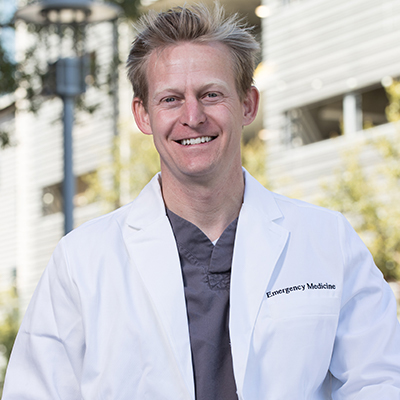Table of Contents
When asked how colleges and universities should plan their possible campus reopenings for the fall semester, Dr. Anthony Fauci, director of the National Institute of Allergy and Infectious Diseases, says there is no “one size fits all” model. The location of the institution and demographics of the student population must be taken into consideration. Recent spikes in COVID-19 cases — particularly in states like California, Texas and Florida — must also be taken into account, as many institutions have out-of-state students returning to campus.
As colleges and universities continue to develop and revise plans based on the current status of the global pandemic, the Centers for Disease Control and Prevention (CDC) shared four key considerations for how higher education institutions can protect students and employees, while also limiting any spread of COVID-19.
1. Promote healthy behaviors.
- Proper hand hygiene and respiratory etiquette are crucial in reducing the spread of COVID-19. Encourage students and employees to regularly wash their hands or use hand sanitizer with 60% alcohol or more. Educate your campus about the importance of covering coughs and sneezes with a tissue or the inside of your elbow.
- Cloth face coverings are essential for students, faculty and staff. Face coverings should be worn in communal areas like classrooms, and particularly in situations when social distancing is difficult to maintain.
- Clear messaging regarding how to stay safe and healthy, like social distancing guidelines, should be displayed in highly visible areas across campuses and digitally, where possible.
2. Provide healthy environments.
- Frequently touched surfaces, such as door handles, dining hall tables and hand railings, should be cleaned and disinfected as frequently as possible. Students, faculty and staff should be encouraged to clean their personal items and keep personal work spaces clean.
- Modified seating layouts with rows of seats taped off (or smaller class sizes) can help promote and maintain proper social distancing.
- Physical barriers like sneeze guards in highly populated areas can limit the spread of germs where social distancing may be more difficult.
- Grab-and-go options at dining halls across campus may be a good alternative to traditional food service methods. Disposable items like utensils and dishes will also reduce the potential spread of COVID-19.
3. Maintain healthy operations.
- The implementation of virtual gatherings, meetings and events, when possible, can help to maintain social distancing measures.
- Limit any nonessential visitors, volunteers and activities involving external groups or organizations as much as possible.
- Limit non-essential travel in accordance with state and local regulations and guidance.
- Encourage students, faculty and staff who use public transportation or ridesharing to take precautions (e.g. face covering, hand washing, and social distancing when possible) when in close contact with others.
4. Prepare for when someone gets sick.
- Develop policies and procedures for when a student, faculty or staff member contracts COVID-19. Consider how to maintain consistent campus operations.
- Advise students who are experiencing symptoms or have been exposed to COVID-19 to self-quarantine until they have met the CDC’s guidelines for discontinuing isolation. Consider remote assessment of symptoms through virtual services, like telehealth.
- In accordance with applicable federal, state and local laws and regulations, notify local health officials, faculty, staff and students immediately of any case of COVID-19, while maintaining patient confidentiality.
Higher education leaders will make many difficult decisions over the next several months in response to the continued impact of COVID-19. The financial, academic and health concerns of students and parents are key considerations for many of these decisions. Additionally, a recent survey of college and university presidents found that “safety protocols for the fall related to COVID-19” was their most pressing issue (66%).
Clearly, the road ahead is daunting for colleges and universities as leaders navigate the uncharted waters of a global pandemic. However, services like telehealth can support existing campus healthcare services to provide medical and mental health care for students, whether students are on campus or not.
Is your institution ready for the fall semester? Take TimelyCare’s short self-assessment quiz to find out.






